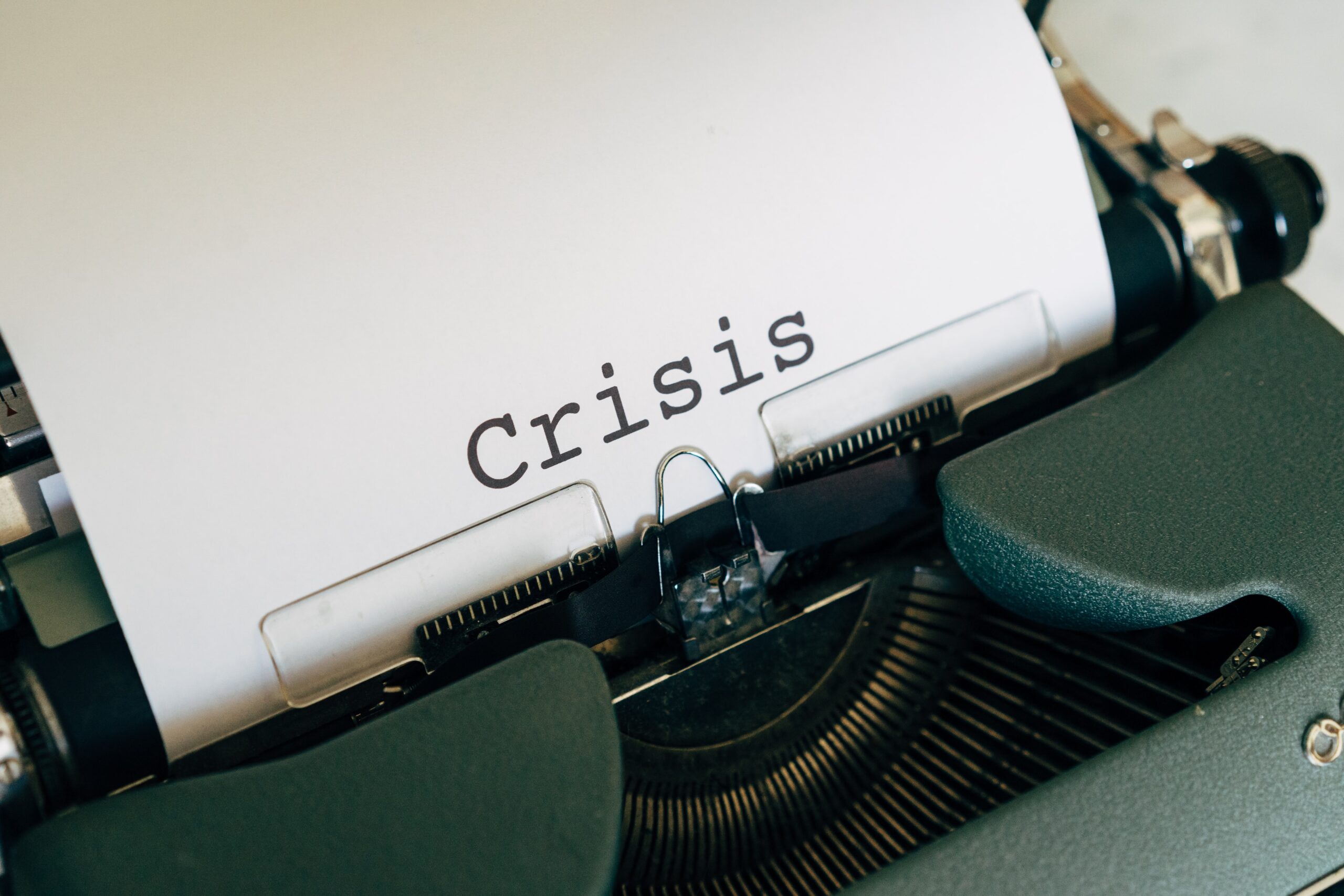We share our insight into how we react and what we do when a crisis lands!
Understanding Crisis Communications
Crisis communications is the dissemination of information by an organisation to address a crisis which impacts stakeholders and/or the company’s reputation.
Dealing with incidents of crisis communications, both efficiently and effectively, involves a great deal of strategic thinking and it often involves many layers of work in order to do it thoroughly and properly.
We support clients to deal with a crisis, but the confidential nature of crisis communications means we often cannot shout about the work we do or go into any specific detail! Our case studies would provide people with a real insight into what crisis communications involves and the depth of strategic work that goes on behind the scenes. So, here’s an attempt to write about the processes behind one of our most recent crisis communications projects (whilst keeping things generic) to share our insight and expertise into what needs to happen.

Working through a crisis
Following a recommendation from the Police, an organisation got in touch with us after the death of a person or persons, who were associated with their organisation. In this instance, the first stage is to listen, and to listen very carefully. What is the situation? Who is involved? When and where did this happen?
Speaking to people when someone has died requires a high level of empathy and understanding, but in a crisis it’s important to remain pragmatic, strategic and act quickly (with accuracy). It’s also essential to have a main point of contact, who is always available. In this case, it was a Company Director – it should always be someone who has the authority to make decisions and sign statements off.
At this stage, the media had very little information. In the first instance, we evaluated social media accounts and advised the client to take down publicly accessible photographs. This is because a lack of information on any unfolding crisis – in this case a tragedy – means the media start ‘digging’ to fill in the gaps and they will use any information or images they can access on social media, websites, old media coverage and from Companies House. In this case, the client needed to be prepared for approaches from journalists in relation to the crisis.
We also advised our client to take control of internal communications and to ensure all employees were kept informed, that they were appropriately supported, and that they were asked not to communicate anything about the crisis to external parties.

Start Writing
The next stage is to begin writing a statement in preparation for media coverage. Where legally possible, it is always advisable to be factual, transparent, and genuine in any statement. When writing statements, we consider what information is publicly and legally available, and to a lesser extent, what the client might feel uncomfortable saying. Our role is to create a statement which helps the situation and supports those involved whilst managing the client’s reputation.
In this case, once the statement was approved by the person or persons it was attributed to, it had to be approved by the bereaved (through the Police family liaison officers) and all other relevant members of the organisation. Once we had sign off, the timing of when the media statement was distributed was carefully considered. This can mean liaising with legal representatives, the Police (and sometimes other emergency services), and investigative organisations. The release of any statement needs to be done at the right time to ensure it helps to mitigate any potential reputational damage to a given organisation or persons within that organisation.
Release the statement
Following the release of any statement in a crisis situation, local, regional and sometimes national media will begin to contact the distributors of the release (in this case the PR team at Chalk + Ward) often asking for further information and/or to speak directly with a representative from the organisation. The press office service we provide during these times is vital during a crisis because we can manage and respond appropriately to the media, often preventing them from trying to contact people in the organisation directly who may not know how to handle the enquiry.
As a rule, we always keep clients up to date with media interest and we always advise them on next steps. Sometimes, for legal reasons, any next steps need to be delayed; but, whatever the scenario, it is best practice to be prepared for any further media interest that may arise from the publishing of reports or investigations.

Migrate reputational damage
Crisis communications is always different, but the fundamental aim is to mitigate reputational damage to an individual and/or an organisation following a crisis. Our PR experts are former journalists, so they know how the media will report a story and what sources they will look to for information and comment. Acting quickly and getting help with crisis communications, really can save reputations during the most testing time for any given organisation.





